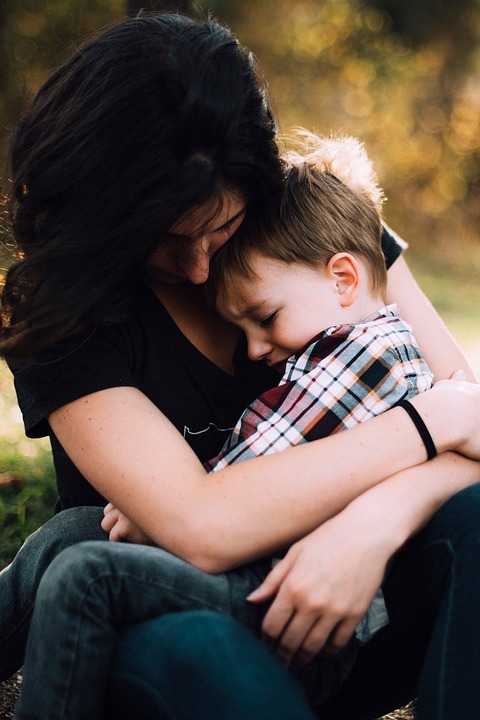From the minute a mother conceives a baby and months later when she holds her newborn in her arms, her life changes. As for the man, he enters the new phase of fatherhood. The parents experience a whole new level of affection for their child, which they never experienced before. And along with this immense and incomparable love, come the constant thoughts of concern for the well-being of the child.

When he gets a fever, both parents stay awake for the whole night, changing the wet cloth on his forehead. From emergency hospital visits to a pile of antibiotics and ointments, parents do everything to ease the child’s pain. But imagine what a parent would do when the illness is not like a fever which could be measured with a thermometer or a fracture that a plaster cast could fix.
How it is?
A mental illness takes a toll on the person emotionally and psychologically. This, in turn, is the reason, they behave the way they do. And along with the victim, the situation affects the whole family as well. It includes conditions like anxiety, depression, bipolar disorder, ADHD, personality disorder, eating disorder, etc. There could be other disabilities like learning disabilities which could lead to stress and anxiety in the child.
What can you do?
Being a parent is a constant job. And saying that it is not easy would not be enough. Being a support to your child in difficult times is very important. It could be hard to not know what exactly he is going through, but a few simple ways could make it little easier for you and as well as your child.

Consult an expert
It is important to treat mental illness as an illness. You may be the person with the best interest of your child, but nothing can replace a professional treatment. Look for a qualified mental health expert- particularly in the field of child psychology or psychiatry.
Include the Teacher
Sharing your child’s strength and challenges with his teacher would be helpful. A lot of schools have a counsellor and special education facilities which you can really make use of.
Do not criticize
Constant criticism affects the self-esteem of the child. Rather highlight their strengths. Praising your child even for a small task boosts their confidence.
Accept the diagnosis
It is important to accept the child diagnosis because it will make you as well as your child comfortable.
Track the Mood
Knowing what makes your child go low and becoming aware of the potential triggers will be helpful. This can also help the child’s psychiatrist/ psychologist to determine treatment’s effectiveness.
Need to meet Psychologist click here
Learn more about Dr Prerna Kohli
Read more about Identifying depression in Children

